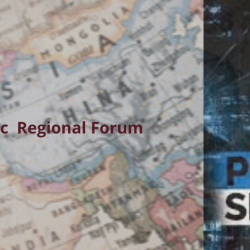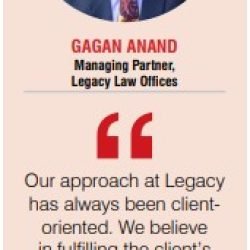Pegasus project – a conspectus of laws of surveillance and the concerns over privacy
To read the Article on International Bar Association, click here Gagan Anand Legacy Law Offices, New Delhi, Delhi anand@legacylawoffices.com Shreya Pahwa Legacy Law Offices, New Delhi, Delhi shreya.pahwa@legacylawoffices.com The Pegasus Project investigation was brought to light by the Paris-based, non-profit media group, Forbidden Stories and Amnesty International. The reports have revealed a widespread misuse of NSO Group Technologies’ spyware, Pegasus. As per NSO, Pegasus was developed to be sold exclusively to vetted governments to aid law enforcement agencies and intelligence departments to fight crime and avoid terrorism. Yet, according to the leaked data, the spyware was being used as hacking software instead of its conventional use as...
Continue reading







